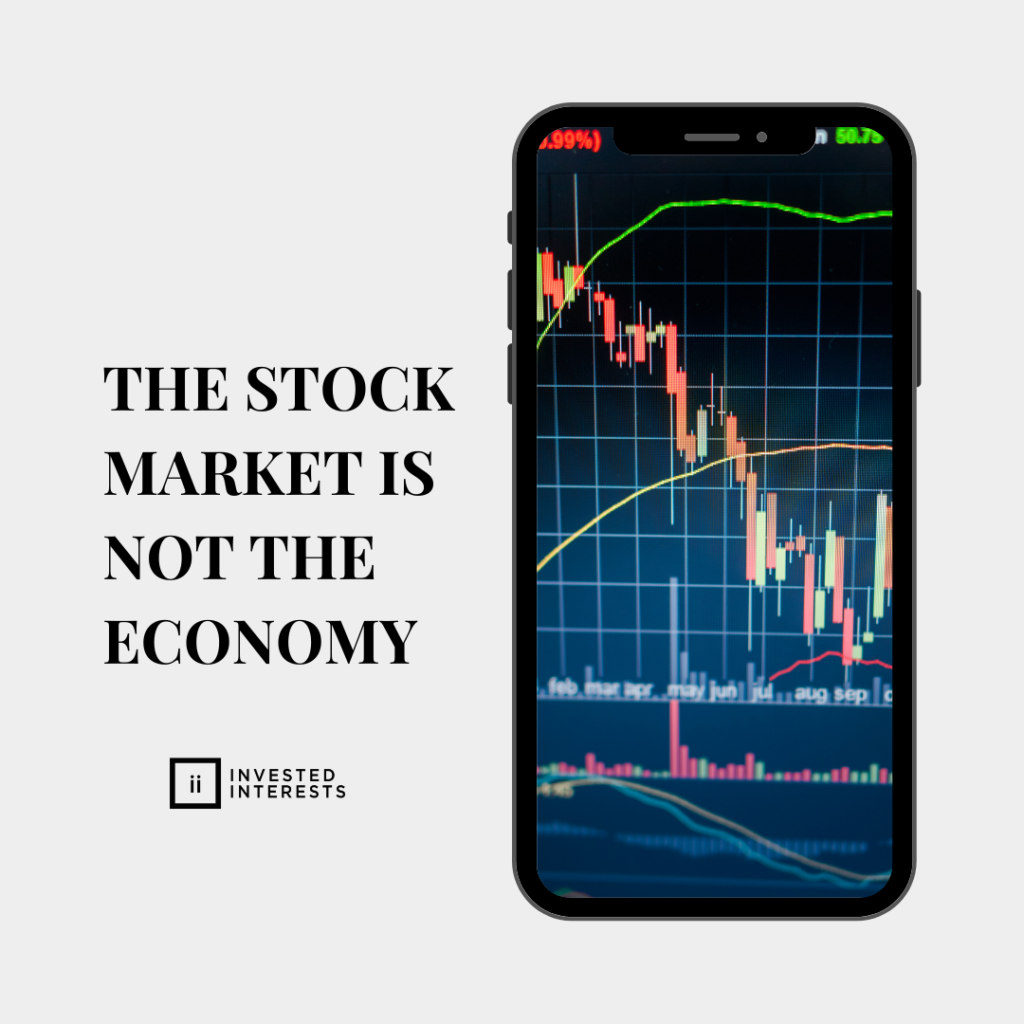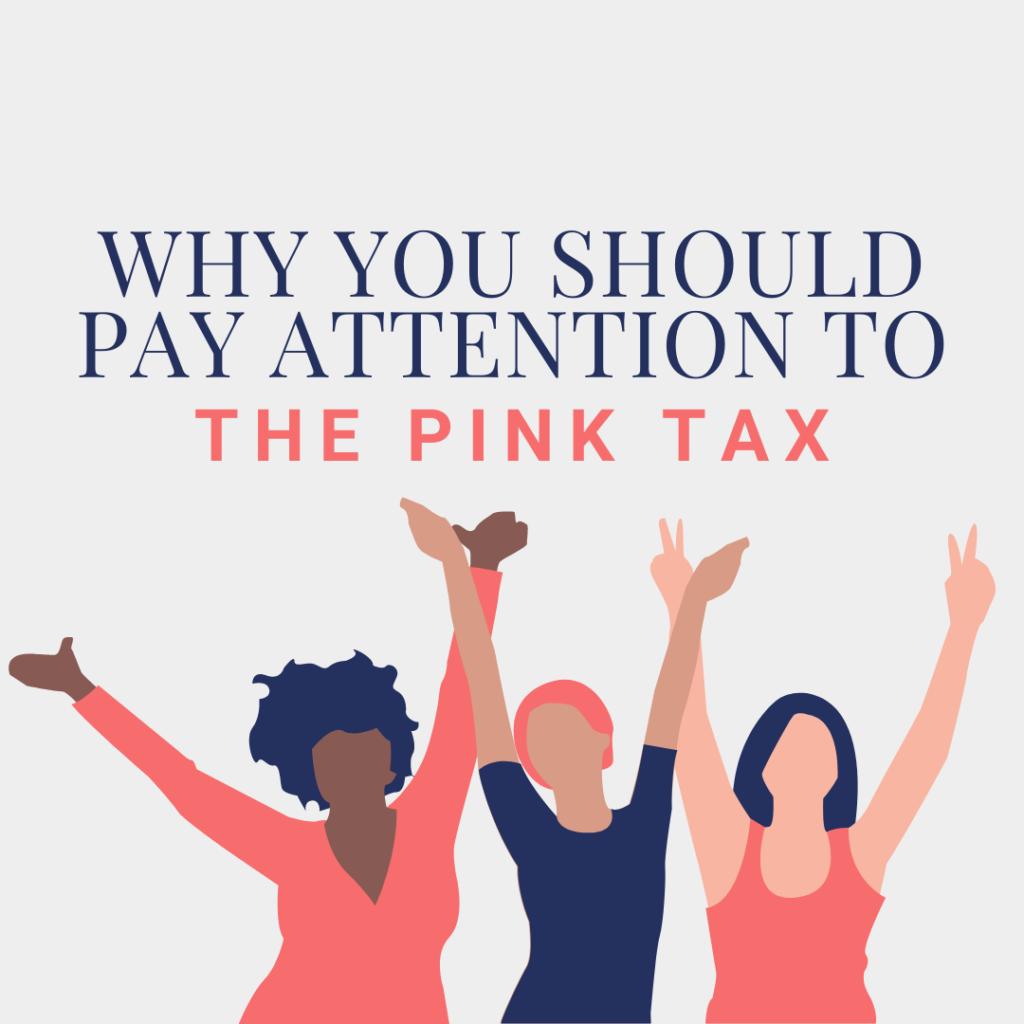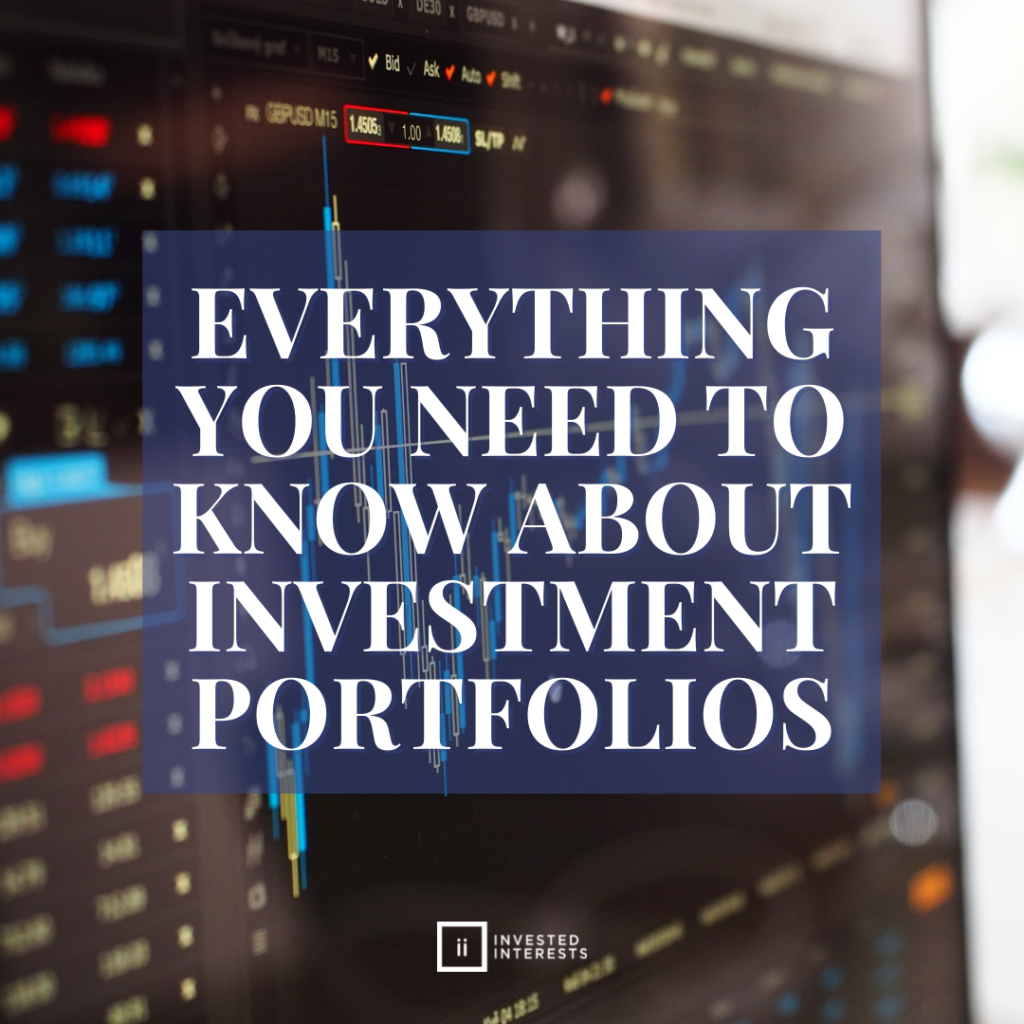You have probably seen the articles trying to predict the stock market. Or, maybe, you have heard from your friends how the economy is doing. But, what is the relation between the two and, how do the stock market and economy differ?
While some people use them to refer to the same thing, the stock market is not equivalent to the economy.
What exactly is the stock market?
Broadly speaking, the stock market is the collection of exchanges in the form of buying and selling of shares in publicly held companies. Certain regions may have many different exchanges that make up the stock market. You may have heard of Nasdaq, which is one of these exchanges within the United States stock market.
Essentially, the stock market allows buyers and sellers to interact and exchange these stocks, or shares. The stock market serves as a secure environment for these exchanges to occur. The stock market itself is a whirlwind of complexity, which we cannot cover in one post. We encourage you to do research on the stock market for more information!
What does the stock market show?
The stock market is a single institution within the economy. The stock market does not represent the totality of the economy. Many small businesses and workers that make up the economy don’t have a stake in the stock market.
In addition, the stock market does not represent an equitable overview of the people invested in it. While roughly half of Americans invest in the stock market, those who do are disproportionately white and wealthy. This means that many historically oppressed groups are not well represented in the stock market.
While all of us at Invested Interests want to change this narrative, the reality is that nearly 85% of the stock market is controlled by the top 10% of earners in America. And, experts believe the proportion of the market controlled by the wealthy could be growing. More firms need to begin investing in an economically diverse clientele to support the redistribution of assets, especially stocks. Invested Interests commits to this through a $0 minimum investment to make our services available to a variety of investors.
However, until this changes, when we look at the many fluctuations of the stock market, what we are seeing in the stock market is the unpredictability of the assets of the wealthy. The stock market does not drive the economy nor does it necessarily reflect it, especially in the short term.
The stock market vs. the economy
We said it once and we will say it again, the stock market is not the economy. Merriam-Webster’s definition of economy says that the economy is the way in which goods and services are produced and consumed within a country or region. It may be easy to think the two are interchangeable. However, the stock market does not represent every person who participates in the economy. Additionally, as we noted previously, the stock market is mostly owned by some of the country’s wealthiest individuals. Although the stock market may reflect what is going on in the economy and vice versa, correlation does not mean causation.
Many politicians and other individuals often use the terms interchangeably. However, if you take a look at the GDP (gross domestic product) growth and the S&P 500 returns, for example, you can see that their fluctuations are widely different. Click here to view the chart. Additionally, the stock market refers to long-term views. Whereas the economy as we know it refers to what is currently happening.
What can investors do?
So, when considering investing, it is almost impossible to time the market. Any sort of unpredictable change upsets the market. Back in the late spring and summer of 2020, we saw similar irregularities in response to the COVID-19 pandemic. However, it is best not to panic when the stock market fluctuates. We have seen dips in the stock market before and generally, we come back up.
Rather than try to time out the stock market, a better (in our opinion) option is to consider your personal finances.We know that investing during a recession or a dip in the stock market is not for everybody, however, we do have some resources to help you learn and come to a financially healthy decision. Check out this blog post on investing during a recession to learn more!
Although there is no way to predict exactly how the market will react, you are in control of your personal finances. Whether you are a seasoned pro looking for your next step, or you are a new investor looking to get started, we would love to help you every step of the way. As we mentioned earlier, it is best to try to not panic when the stock market fluctuates, as that can lead to rash decisions you might regret down the road.
You never know how the market will change, but our top-notch team will always aid you in your financial ventures. To get started with our incredible team, click this link to reach out to us. Here’s to 2022 and a financially healthy year!




